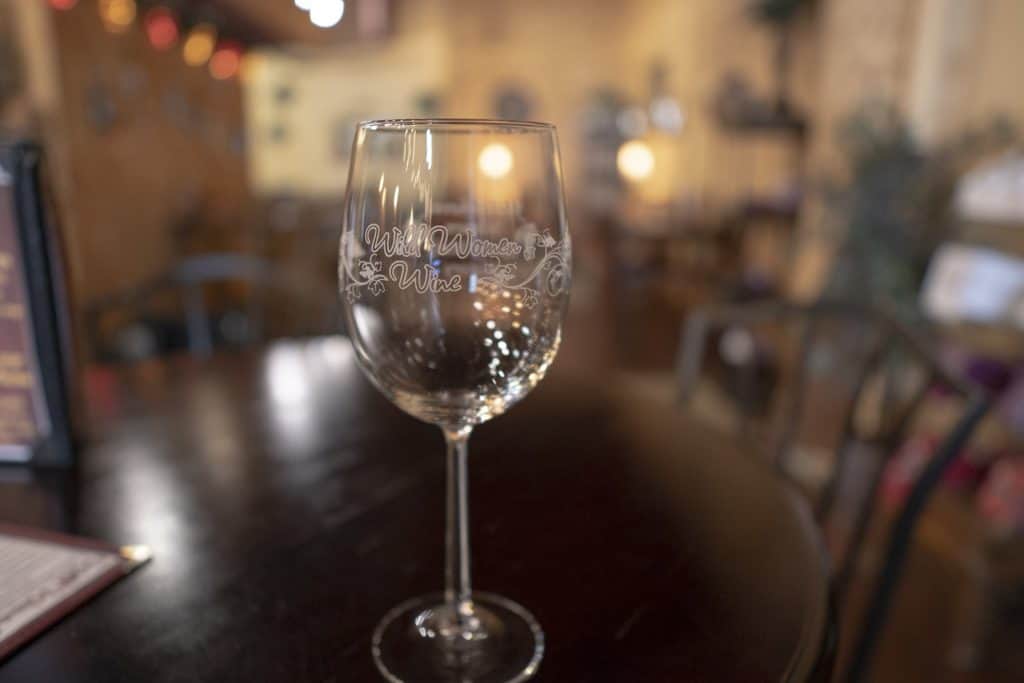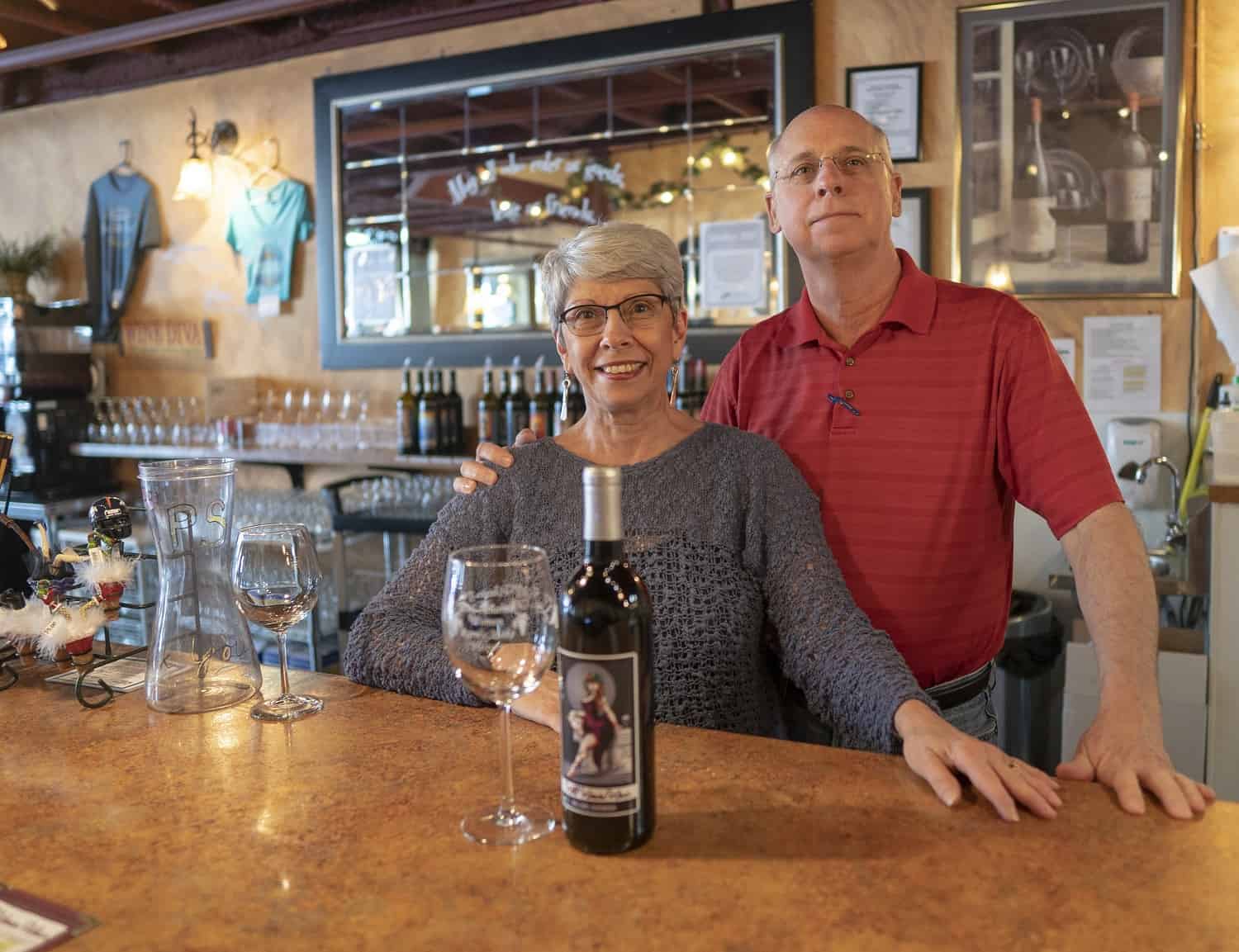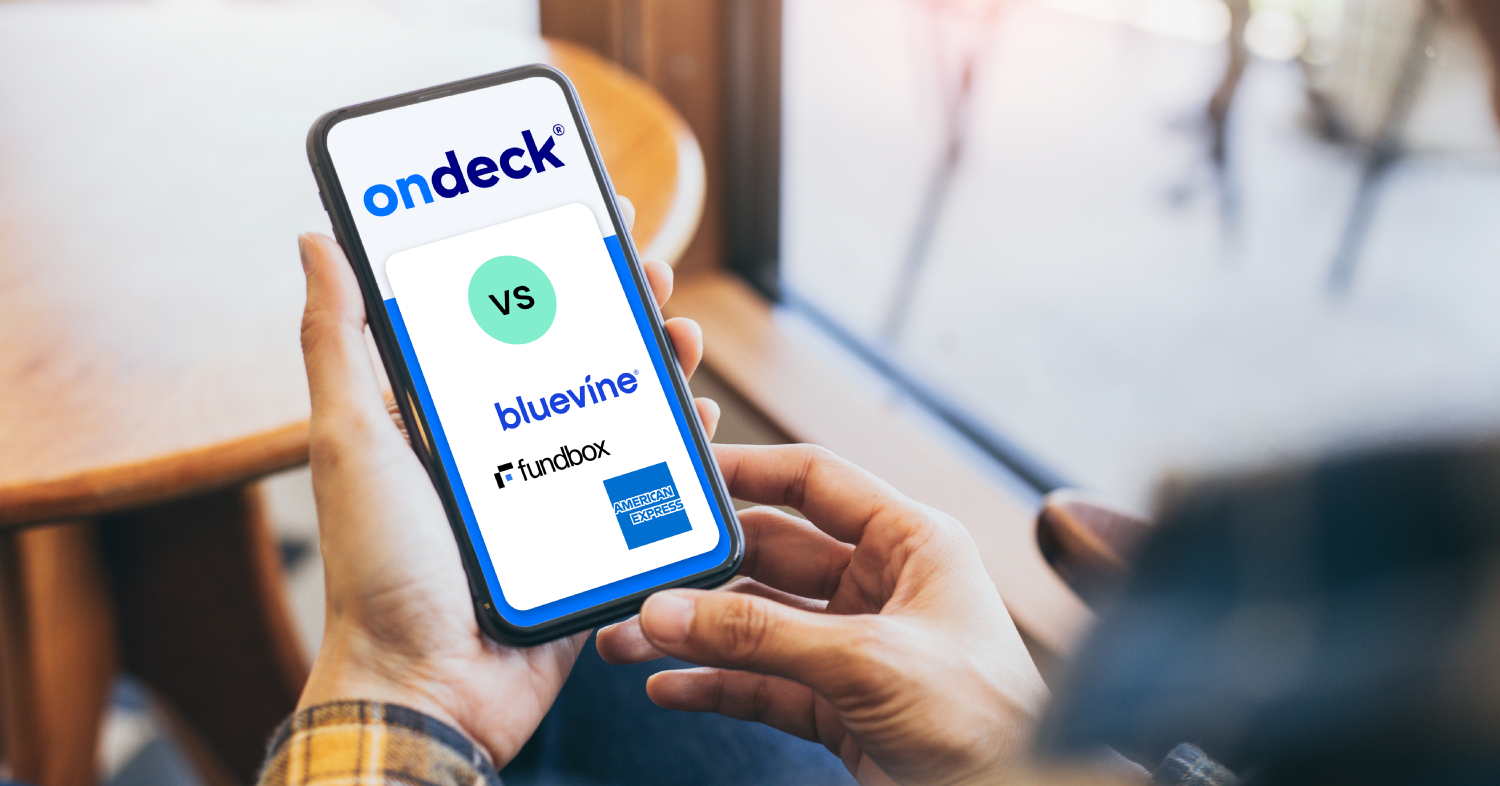How Wild Women Winery Built a Thriving Boutique Business with Financing
Charlene and Ross Meriwether own Wild Women Winery in the heart of downtown Denver, Colorado. The couple built a thriving business in a challenging industry, where upfront capital costs are steep and inventory requires planning nearly a year ahead. They spoke with us about their business, why Denver is a hot market, and how OnDeck small business loans helped them grow their boutique business.
What we love about being small business owners is that we basically control our own destiny. We can be as creative as we want.
Tell us a little about your backgrounds and the story behind Wild Women Winery.
We started the wine business as a second career in Texas. Before that, I [Charlene] was a teacher and a school administrator. Ross was an IT executive and we wanted to do something fun before we were too old to do it. So, we jumped into the wine business in Texas, and that was about 15 years ago and here we still are!
We came to Denver about 12 years ago. We started the business down here in Denver because we wanted people to know that you could make wine in the middle of the city, even if you didn’t have a vineyard. That was really the niche of this concept when it first started. We are a boutique winery that has no vineyard – instead, we source juice out of the central valley in California to make our wines.
The concept came from a Canadian group and they came to Texas wanting to open neighborhood wineries. We saw the concept first in Fort Worth, Texas and we expanded on that concept over time. The Canadian group was bought out by the California company who we buy our juice from. They were interested in establishing a shop in Colorado, andat that point, we had just lost our third winery in Galveston to Hurricane Ike. We were happy to come to Colorado where there were no hurricanes and so, we landed here in downtown Denver and just felt there was a lot of presence here. At that time, it was right before the recession started. Denver was pretty much a ghost town, but poised for growth. We managed to establish the business over the next three years, and over time we were able to make the business grow as Denver grew up around it.
What’s the story behind the name Wild Women Winery?
We were looking to rebrand several years ago, and I happened to be on a website where the title was Wild But Tasteful Women, and I thought if we threw out the tasteful, it would be a lot more fun. So, we became Wild Women Wine.
What services or products does your business provide?
We make wine in small amounts. If someone comes in and wants a chardonnay that has no oak, we can provide a chardonnay with no oak. If someone wants to make a pinot noir and want it to have a very oaky flavor or one wants it to be smokier, we can tailor that wine to their palate and make a small amount of wine, usually 30 bottles, based on what they are requesting. That’s a niche for us.
We can also personalize wine labels. We have our own label printers, so we can personalize wine labels for anyone. If someone with a business wants to gift wine and it has a message on it, or someone who wants wine for their wedding and wants to have a message for their guests, we can use the artwork that they provide to personalize wine labels and put it on the bottles.
As we’ve expanded, our tasting room has become a venue for bridal events, baby showers, birthday parties – really any celebration. We’ve done weddings, we’ve done bachelorette parties, we’ve done rehearsal dinners. We also do a lot of fundraisers for non-profits.
What do you love about being a small business owner, specifically in this industry?
We can change the business based on what the economics are at the time, what our customers are asking of us at the time and so, we don’t have to go through a series of boards or levels of asking people what we should do or how we should do it. We can make decisions and turn on a dime to change the business.

What have been some of the biggest challenges as a small business owner?
As a small business owner, you’re never going to walk into your business and have one day be the same as the next. The biggest challenge is walking in the door knowing that you’re going to have to address something in your business that day; however, we know that between the two of us we can figure it out. Challenges come up every day if you’re a small business owner and if you’re not willing to jump off the cliff and accept those things, you’re not going to be very successful as a small business owner.
The biggest challenge I think is that when we feel it’s time to go to the next level of growth, will banks or funding sources necessarily be amenable to what we want to do at the time, and give us the funding we need to do so?
Cashflow is always a challenge. We are in a business where we’re not making bread. It’s not overnight. You start nine to 12 months ahead predicting what you’re going to need a year from now and so, matching up what your needs are going to be a year from now with your cash flow always presents a challenge.
The only challenges as far as growth goes is being able to make enough wine fast enough depending on what people are coming in and saying they just absolutely love. Sometimes we try something out and Ross makes a small amount of that wine, and then it flies off the shelf. It’s going to be eight or nine months before we can replenish that. So, that becomes a challenge because it’s not something you do overnight.
How challenging has it been to obtain financing?
Financing has been extremely difficult because when we came out of the recession, the banks and their tightened their lending rules significantly, and with our business, when we go and finance something, we won’t be able to repay that money for at least a year. The banks were really hesitant about that.
When we started looking for financing, we were really trying to grow the business and growing the business is all about making more wine. We were trying to build our inventory up, which requires a lot of capital – the amount we needed was hard to find as a small business.
We looked at standard banks with standard loans, we looked at banks with lines of credit. We didn’t qualify for those just because of the metrics that they were using at the time. We went to some other markets and started looking around. We stumbled across OnDeck just by chance. Someone actually mentioned it to me when we were here in the tasting room, so I looked into it, contacted them, went through the application process and I was surprised that we were able to get the funding we needed. We’ve been working with OnDeck for the last five years.
Why did you choose OnDeck initially?
We chose OnDeck initially because of two reasons. Number one, the application process is super easy. It’s fast, it’s easy, they can tell you literally in minutes after you apply whether you can do a loan or not and then the funding is extremely quick. So, for us when we discover, okay we’re going to be out of inventory in nine months, we need to get stuff started today, I can get on the phone, call them, get the loan set up and have funding within three or four days.
We came back to OnDeck just because the process was easy and our inventory had to keep growing. We were growing the business faster than we could make wine. I don’t know if I’ll ever stop using OnDeck because I’m not sure I can ever keep up.

What was memorable about your OnDeck funding experience?
They were not high pressure. I did look at other alternative financing organizations and OnDeck was not high pressure. It was an easy conversation. I wasn’t getting 95 phone calls from them saying, “We got to do this today or you’re not going to get the financing.” They gave me the information, they let me make the decisions and then when I said, “Go,” we went and it went fast.
And OnDeck’s customer service is top notch. They’re laid back, they’re not high-pressure people and that’s what I liked the most. I can call them and say, “Hey look, here’s what’s coming up. I’ve got this issue with inventory. I’m going to need this much money. When can we do this? Either with a renewal or a new loan,” and they give me all the options and say, “Let us know what you want to do,” and then every time they’ve given me the options, I’ll pick one of them then we go with it.
How have you used the money to grow your business?
90 percent of the money we borrowed went to inventory – just buying grape juice to make wine and keep building the inventory up. About 10% was for payroll and other operations. Payroll was mainly to cover the person we brought in to help with the bottling. As our demand increased, it was very difficult for me to do all the bottling myself.
What have been some of the measurable results pertaining to return on investment?
The return on investment has been through the growth. Our growth has been averaging between 12 and 15% over the five years we’ve been with OnDeck.
How has flexible financing helped you achieve your goals?
Without the flexible financing, we would not be able to grow the business. We would have had to come up with other sources of cash or wait until the business generated enough cash to be able to grow. Basically, the business would have stagnated and in a Denver market that’s growing like it is, if you have a stagnant business, you’re not going to last.
What are you most excited about when thinking about the future of your business?
Well, there’s so much potential for growth because Denver is growing so fast. Now they’re developing all this stuff out by the airport where there was nothing for such a long time, and we have the potential to open more tasting rooms. The challenge will then become that we will need to make sure we are able to provide the inventory necessary to keep four more tasting rooms open using the production space that we have now.
DISCLAIMER: This content is for informational purposes only. OnDeck and its affiliates do not provide financial, legal, tax or accounting advice.



